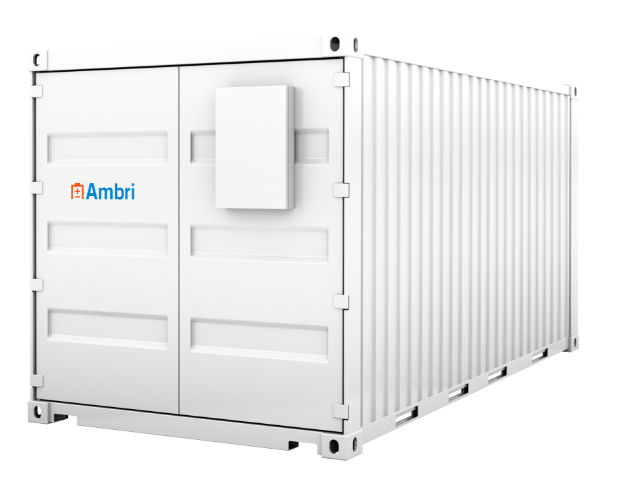Winging It
Some friends of mine that were computer nerds but basically sales people lost their jobs in the late 1980s and decided to go freelance. Year 1 they put an ad in the Yellow Pages for PC support and got little interest. Year 2 their ad was for networking offices, still no interest. Year 3 they advertised Microsoft Access development and reporting and started getting phone calls.
Rocket Science
I met someone at a job I had in the 1990s – he and his wife had immigrated to the US to study – both were completing their Masters in Electrical Engineering. Their thesis projects involved work with NASA, although I don’t recall what it was. He was working with us as a developer, primarily providing support for an Oracle database application.
At the point when I joined the company in 1994, there were two DBAs, one with a four-year degree and one with some courses in junior college. They were administering Oracle/Unix platforms – we described these as Sun-boxes.
Netscape went public while I was working there. Around that time, the non-degreed DBA found a job that doubled her salary and she left. In my next conversation with the remaining DBA, it was becoming clear his tenure would also be short. Similar story – huge pay raise.
One of our brighter developers was then sent to Oracle school. All I heard from him after he got back was that he was going to get the six months experience to populate his resume, and then he was out the door. When this happened, we put another person in the role, same story. At this point, we trained the fellow that had immigrated and finished his degree program. He filled this role until I left a year or so later – at that point the employer was phasing out that operation and everyone was being let go. He and his wife ended up as database administrators for a largish company, a role they filled for well over ten years.
Changing World of Circuit Design and Embedded Control
The stories I hear from electrical engineers (EEs), by comparison, are ones long tale of woe. Often these individuals are very skilled at something employers don’t need anymore. They tend to be tinkerers, working with their hands on bits of machinery. Often their garages fill up with stuff they’ve promised others they’ll fix or refurbish, but there’s never any money in it. They’ll get freelance contracts, and the people they work with will pay late, or sometimes not at all.
Electronics was, at one point, discrete analog components, then digital components – timers, gates, A/D converters, and the like. When computing chips showed up in the 1970s, they cost $400 apiece and were complicated to design into boards. As these prices dropped from dollars to cents and more and more functionality was built into the chip, the discrete logic became redundant. ‘Engineering’ moved from hardware to software. A lot of engineers have had a hard time with the transition.
Kids can create products that, at one time, required significant engineering skill. 12-year-olds weren’t going to be doing this in the 1960s. Today, however, one can buy a real robot at the grocery store (or at least any that have a toy department) – ‘real’ in this context as being programmable with sensors and actuators.
Non-Sequitur
Someone was asking around on the LinkedIn Microsoft Access discussion group why he couldn’t find any work in the DC metro area. I asked him what his database experience was overall, and he indicated he’d been working in Oracle. When I looked up jobs on Indeed.Com, I found 6,000 Oracle jobs in the DC area. When I pointed this out, the conversation thread ended rather abruptly. Access and FileMaker Pro are good freelance databases – what to do if you like working out of your house. Oracle is ‘big iron’ – big money, big responsibilities, security clearances, NDA’s, and cattle class air travel.
Boards, Lights, Remotes
A typical embedded control project is a credit card sized board with a wireless interface, a battery, and some LEDs. Maybe it’s to run a thermostat, maybe the slinky thing hiding behind the bushes on Halloween. The IoT rage is promising great things, however, there is a fundamental barrier. This is figuring out how to assign some meaning to all the information coming out of these little projects.
Engineering and Databases
A lot of clever EEs, no doubt, solve what are essentially database problems with handwritten code. These include sorting (ordering), filtering, aggregating (counts, sums, averages), and in some cases graphing some collection of real-time or historical data. Depending on what they’re using, they could either host a ‘real’ database, or they could make a decision to use hardware that could support it. This is a choice between, for example, using a 16-bit 512K flash chip or a 32-bit, 4Mb flash chip.
More significantly, EEs that are continually struggling to find work might find life gets a lot easier with a solid database background. They might not be tinkering with boards – a lot of database work boils down to cranking out reports for a plant manager. However, day-to-day use of database concepts may allow someone to design and deliver a far more impressive embedded project. In that capacity, the database might be the ‘long way around’, but it might put one back in the saddle.






